ALAN PARSONS PROJECT - Ammonia Avenue 12" Vinyl LP
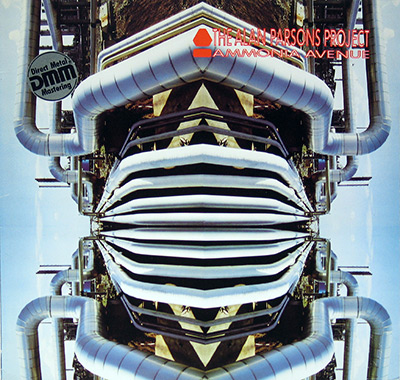
"Ammonia Avenue" by the Alan Parsons Project, released in 1983, epitomizes the dynamic fusion of progressive rock and electronic experimentation during the era. Recorded at London's Abbey Road Studio, the album showcases meticulous production and thematic exploration of urban life and human relationships.
Learn moreALAN PARSONS PROJECT - Best of Alan Parsons Project 12" Vinyl LP
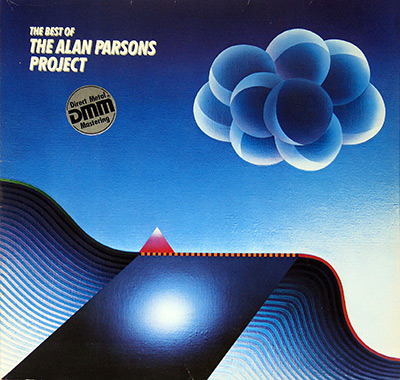
"The Best of the Alan Parsons Project," a 1983 12" Vinyl LP, embodies the pinnacle of musical craftsmanship. Digitally remastered at London's Abbey Road Studios, the album, produced by Alan Parsons and Eric Woolfson, blends progressive rock with electronic and orchestral elements.
Learn moreALAN PARSONS PROJECT - Damned If I Do b/w You Lie Down With Dogs 7" Vinyl Single
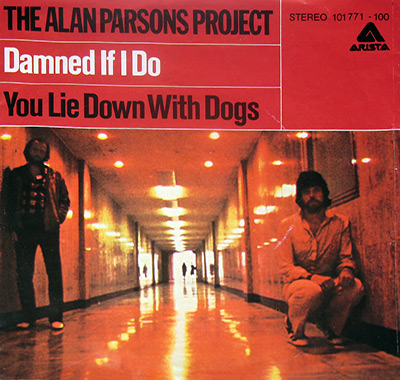
"Damned If I Do" b/w "You Lie Down With Dogs," captures the band's prowess during the early 1980s. Released in a period of musical transition, the songs blend progressive rock with emerging electronic influences. The limited format challenges the band to distill their intricate compositions,
Learn moreALAN PARSONS PROJECT - Eve 12" Vinyl LP

"EVE" is a pivotal studio album by the British Rock band, The Alan Parsons Project. This Gatefold (FOC) 12" Vinyl LP marks a significant juncture as the band's inaugural collaboration with Scottish singer Chris Rainbow. Known for its distinctive sound and artistic production, "EVE" remains a noteworthy entry
Learn moreALAN PARSONS PROJECT - Eye in the Sky 12" Vinyl LP
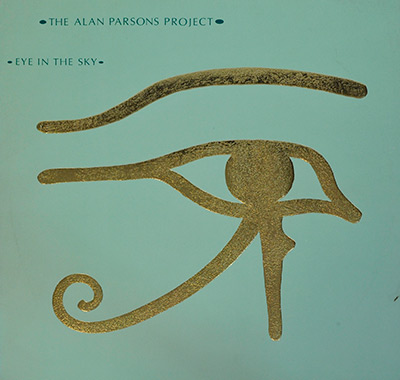
"Eye in the Sky" is a 1982 album by the British rock band. The album was produced by Alan Parsons, who is also known for his work as an audio engineer on the Beatles' "Abbey Road" and "Let It Be" albums. "Eye in the Sky" was a commercial success, reaching the top 10 on the US Billboard 200 chart
Learn moreALAN PARSONS PROJECT - Eye In The Sky b/w Mammagamma 7" Vinyl Single
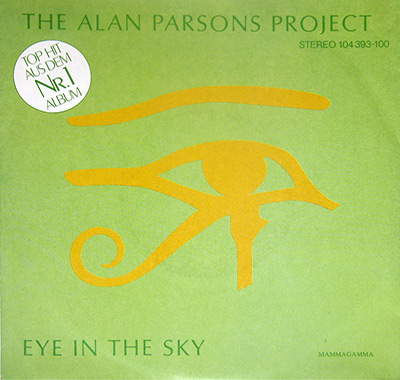
"Eye in the Sky" b/w "Mammagamma," encapsulates the musical essence of the era. Made in Germany, the release is a harmonious blend of progressive rock and synth-pop. The iconic picture sleeve complements the atmospheric soundscape
Learn moreALAN PARSONS PROJECT - I Robot (German and Italian Releases) 12" Vinyl LP
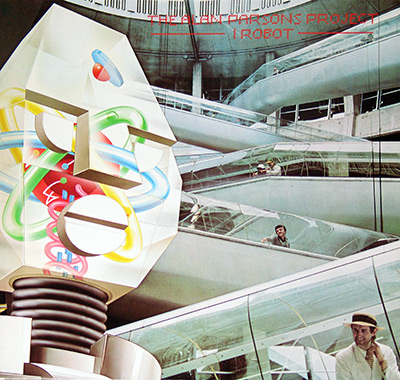
"I Robot" is the second studio album by The Alan Parsons Project, released in 1977. The album is based on the science fiction novel "I, Robot" by Isaac Asimov, and its themes revolve around the idea of artificial intelligence and technology. The album features the hit single "I Wouldn't Want to Be Like You"
- I Robot (1977, Germany) -I Robot (1977, Italy)ALAN PARSONS PROJECT - Pyramid 12" Vinyl LP
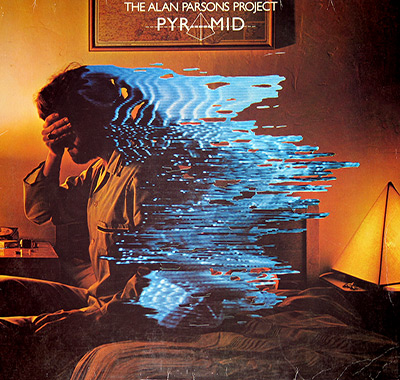
The Alan Parsons Project's "Pyramid" (1978) encapsulates the late '70s musical landscape with its progressive rock and conceptual storytelling. Featuring vocalists Colin Blunstone, Dean Ford, David Paton, Lenny Zakatek, Jack Harris, and John Miles, the album explores historical and philosophical themes.
Learn moreALAN PARSONS PROJECT - Tales of Mystery and Imagination Edgar Allan Poe 12" Vinyl LP
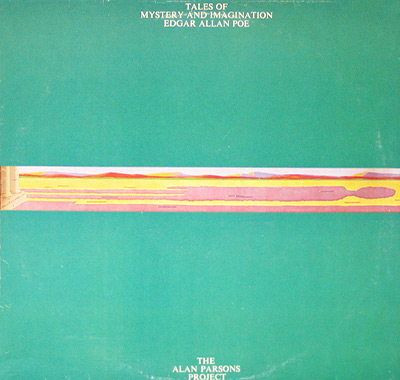
The Alan Parsons Project's "Tales of Mystery and Imagination Edgar Allan Poe" represents a groundbreaking fusion of music and literature. This paper delves into the historical and cultural context of the album's release, highlighting its significance within the progressive rock genre.
Learn moreALAN PARSONS PROJECT - The Turn Of A Friendly Card 12" Vinyl LP
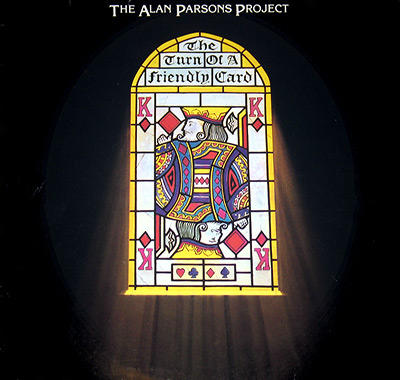
"The Turn of a Friendly Card" is a timeless masterpiece that captures the essence of the 1980s music scene. Released on November 1, 1980, this album represents a pivotal moment in the band's career and stands as a testament to the musical innovation of the era.
Learn moreALAN PARSONS PROJECT - Vulture Culture Club Edition 12" Vinyl LP
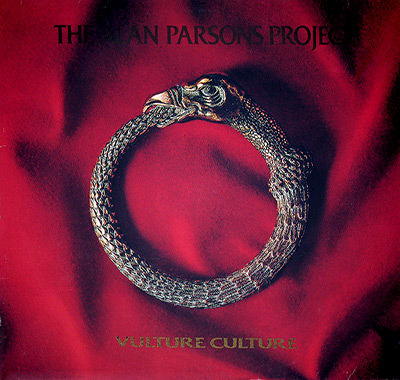
"Vulture Culture" took a more direct approach, addressing societal issues with a cynical edge. The album's sound leaned heavily on synthesizers and electronic elements, reflecting the prevailing trends of the time. However, the music retained the Project's signature polished production and arrangements.
Learn more